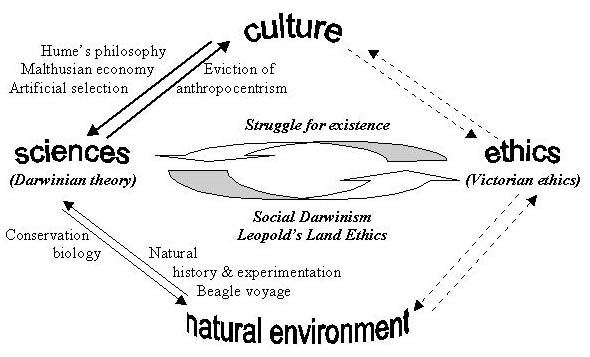
In Jane Goodall, Gail Hudson, and Thane Maynard's reading, they revealed the importance of restoring natural habitats, provided with numerous successful stories. People like to think "What can one voice or one person do?" One voice can make a huge difference. Without those voices, habitats would be demolished by greater numbers daily. All landscapes such as tropical and old-growth forests, woodlands and wetlands, prairies and grasslands, moorlands and deserts are disappearing at a terrifying rate.
Although these habitats are being destroyed, many people have made it their mission to rebuild and restore order to vast landscapes around the world. Off the coast of Kenya, the Bamburi Portland Cement Company turned five-hundred acres of lush forest and grassland into a wasteland in a matter of 20 years of quarrying. After the destruction of the land, Rene Haller made it his goal to restore the land his company destroyed. After many years of determination and a few discouraging events, the Kenyan landscape was returned to its natural balance, and is home to many species including 30 on the IUCN endangered species list.
Not all cases are happening on land. The pollution of our streams, rivers, lakes, and oceans is one of the more shocking results of the use of chemicals and other damaging agents in agriculture, industry, household products, golf courses, and gardens, since much of this poison is washed into the water. Many of the great aquifers of the world are being destroyed due to pollution. One of the worst cases of water pollution was in the Hudson River in the 1970s. There in the Hudson River was the short-nosed sturgeon the first fish to ever be put on the endangered species list. This was the reason for the effort to clean the river. In their effort to clean the river, the fish population has increased to nearly 400 times what it used to be and the estuaries are increasing in size as the water was becoming more clean.
When human know-how and the resilience of nature are combined with the resourcefulness of dedicated individuals, desecrated landscapes can be given another chance, just as animal and plant species can be saved from extinction.





